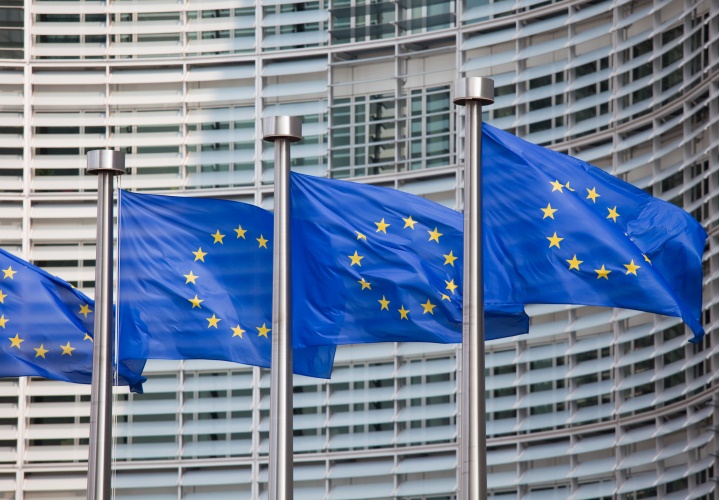The 30 June deadline for applications under the EU Settlement Scheme (the “Scheme”) is fast approaching. Whilst free movement under EU law ended on 31 December 2020, this will be the end of the six-month grace period afforded to EEA and Swiss nationals (“European nationals”). After this, businesses and individuals will feel the real impact of the end of free movement.
To continue to live and work in the UK, European nationals and their family members who first arrived in the UK by 31 December 2020 must apply for pre-settled or settled status under the Scheme by 30 June. Individuals who have been “continuously resident” in the UK for at least five years should be eligible for settled status and those who have been in the UK for less than five years should be granted pre-settled status.
Auditing workforces
As the deadline looms, employers should encourage their European workforce to apply under the Scheme before 30 June. It’s worth putting up posters if employees are attending work on site or emailing employees who are working from home to remind them. If employees do not apply by the deadline, it is likely they will be in the UK illegally and, as an employer, you may not be able to continue to employ them.
Employers should also encourage European nationals and family members to inform them once they have been granted settled or pre-settled status and make a note of when pre-settled status expires.
Right to work
From 1 July 2021 employers must ensure that European workers starting work for them have the right to work in the UK. Right to work checks are important because, provided the check is undertaken correctly before the employee starts their employment, the employer should have a statutory excuse against a civil penalty of up to £20,000 if it later transpires the person is working in the UK illegally. Further, if employers are not carrying out right to work checks correctly the Home Office may take compliance action if the employer is a sponsor.
Until 30 June 2021, an employer can establish a statutory excuse against a civil penalty by simply checking a European national’s passport or ID card before their employment starts. However, where the employee starts work after this date the employer must ensure the person has the right to work in the UK, for example, by having settled or pre-settled status or as a sponsored Skilled Worker.
Although employers are not required to carry out retrospective right to work checks on individuals who started work before 1 July 2021, many may want to do so to satisfy themselves all of their European workforce actually has the right to be in the UK. There’s a risk that some European nationals are currently working in the UK without immigration permission, most likely where the individual came to the UK after 31 December 2020 and started working after showing their employer their European passport. Unfortunately, this of itself does not guarantee the individual has the right to work here. If they first arrived in the UK after 31 December 2020 the individual usually needs immigration permission to work in the UK.
Once an employer knows or has reasonable cause to believe the individual does not have the right to work in the UK, they could be at risk of criminal prosecution.
New checks – don’t get caught out
Border checks may spot where the individual does not have the right to be here. To date, due to the grace period, there have been limited checks of European nationals’ immigration status upon arrival in the UK. These checks are expected to commence from 1 July 2021. It is unclear whether immigration officials will be able to check whether someone has status under the EU Settlement Scheme due to IT issues. European nationals and family members should print out evidence of this status and carry this with them. Visitors should carry evidence showing they meet the visitor rules and that they will not be based in or working in the UK, will remain employed overseas, have sufficient funds to support themselves, will leave at the end of their visit and are only carrying out permitted activities.
Border checks and being questioned on their reasons for coming to the UK will be a new experience for European nationals. Despite only limited checks to date, an increasing number of European nationals have been refused entry to the UK. Individuals can expect to see more questions being asked about what they intend to do while in the UK. Individuals and businesses will need to ensure that European nationals do indeed qualify to come to the UK to avoid them being turned away at the border and to ensure that their European workforce all have permission to work in the UK.
This article was first published in HR News, read here.

 Kerry Garcia
Kerry Garcia